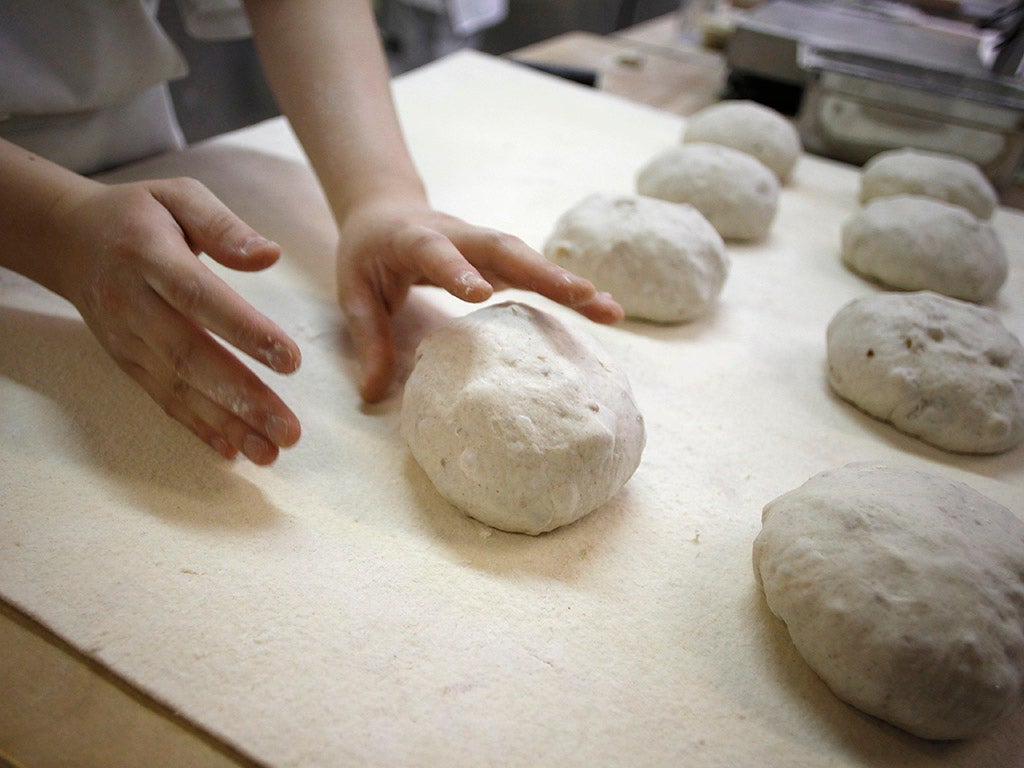What is gluten and how does it affect those with coeliac disease?
Coeliac disease is not an allergy, but an autoimmune condition, where your body attacks itself

Your support helps us to tell the story
From reproductive rights to climate change to Big Tech, The Independent is on the ground when the story is developing. Whether it's investigating the financials of Elon Musk's pro-Trump PAC or producing our latest documentary, 'The A Word', which shines a light on the American women fighting for reproductive rights, we know how important it is to parse out the facts from the messaging.
At such a critical moment in US history, we need reporters on the ground. Your donation allows us to keep sending journalists to speak to both sides of the story.
The Independent is trusted by Americans across the entire political spectrum. And unlike many other quality news outlets, we choose not to lock Americans out of our reporting and analysis with paywalls. We believe quality journalism should be available to everyone, paid for by those who can afford it.
Your support makes all the difference.What is gluten?
It’s a protein composite found in wheat, barley and rye, which gives elasticity to dough. Gluten comes from the Latin word for glue, and it is just that - it helps your bread stick together. And it takes a lot of trial and error to bake something with the right proportions to mimic that - I have seen countless cakes and breads that I have baked become solid as a rock - or disintegrate into crumbs the second they are grazed with a knife. Gluten is the stuff that makes your pastry puffy, your sponge spongy and, as a general rule, your food tasty.
What is coeliac disease?
Coeliac disease is not, as many think, an allergy, but an autoimmune condition, where your body attacks itself - in this case the small intestine. This can prevent absorption of vital vitamins and minerals, causing related problems, and left untreated ultimately result in intestinal cancer. There is currently only one treatment - a completely gluten-free diet. It is estimated that one in 100 people in the UK suffer from the disease, and doctors say many are undiagnosed. There are also separate intolerances and wheat allergies. Intolerances are harder to diagnose, and as a result have come in for a lot of scrutiny from the press.
Is a gluten-free diet a healthier one?
It depends on how you look at it. If you eat less bread and pasta, you are probably filling up on more fruit and veg - thus being healthier. But if you are filling up on gluten-free alternatives, it may not be the best option. And if you think choosing the gluten-free cake in a cafe is healthy, you may be wrong - more fat is often used to help bind the ingredients and some processed foods are loaded with fake stuff to improve taste and texture. This has been the message in a lot of shouty newspaper articles decrying the ‘dangers’ of a gluten-free diet. Realistically though, it is only dangerous if you think you can gorge on cakes and biscuits from that section of the aisle without adverse effect. And many cultures already eat a mainly gluten-free diet - for example in Asia, where meals are largely rice-based.
Do you lose weight on a gluten-free diet?
In fact, many coeliacs once diagnosed can put on weight when they go gluten-free, as the food they are eating begins to be absorbed completely, and appetites improve. Many are only diagnosed in the first place when they notice that there are losing a lot of weight on a high-gluten diet.
Join our commenting forum
Join thought-provoking conversations, follow other Independent readers and see their replies
Comments